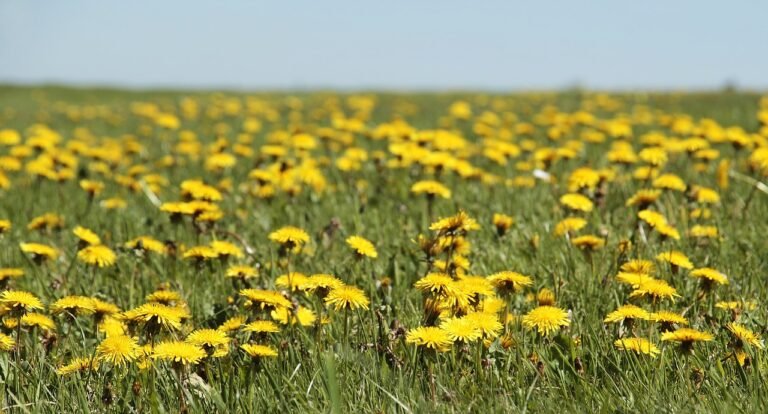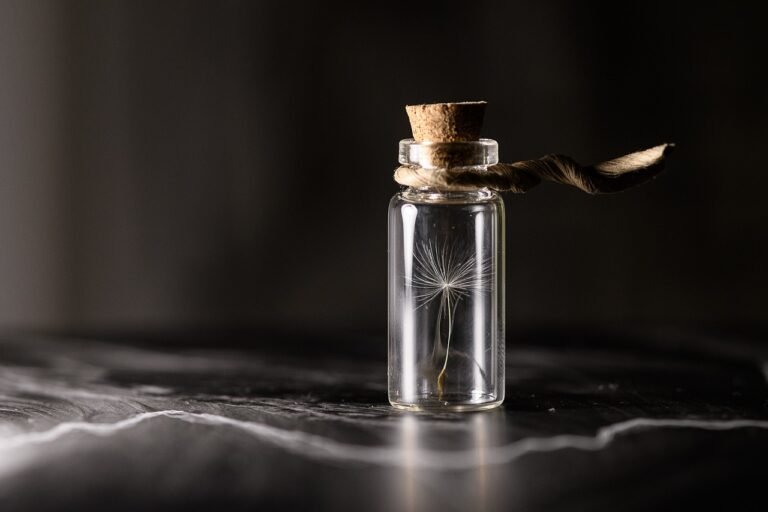Dandelion: A Homeopathic ally on the Farmstead
Dandelion (Taraxacum officinale) is not merely a pesky weed but a versatile herb with an array of homeopathic uses that can greatly benefit the farmstead. From its nutritious greens to its healing roots, every part of the dandelion plant offers valuable properties for holistic health and wellness. Embracing dandelion on the farmstead is not just about controlling its growth but about harnessing its potential as a powerful ally in natural medicine.

Dandelion’s Healing Properties
Dandelion is celebrated in homeopathy for its diverse range of medicinal applications. Its leaves are rich in vitamins and minerals, making them a nutritious addition to salads, smoothies, and soups. Dandelion roots contain compounds known for their liver-supporting properties, aiding in detoxification and promoting overall digestive health. Additionally, dandelion flowers can be infused into teas or tinctures, offering relief from digestive issues, bloating, and even menstrual discomfort. Its diuretic properties also make it beneficial for promoting kidney health and supporting urinary tract function.

Incorporating Dandelion into Homeopathic Preparations
Utilizing dandelion in homeopathic remedies is simple and effective. To create a dandelion tea, steep dried or fresh dandelion leaves and flowers in hot water for several minutes, then strain and enjoy. Dandelion tinctures can be made by soaking the roots or leaves in alcohol or glycerin for several weeks, then straining and bottling for use. Dandelion salves can be crafted by infusing dandelion flowers into a carrier oil, then mixing with beeswax to create a soothing topical application for skin irritations and inflammation. By incorporating dandelion into various homeopathic preparations, individuals can experience its wide-ranging health benefits in a convenient and accessible manner.
Growing Directions:
Growing dandelions on the farmstead is quite an easy process that requires minimal effort. Dandelions thrive in a variety of soil types but prefer well-drained, nutrient-rich soil. They can be planted from seeds or transplanted from existing plants, and they readily self-seed, so establishing a patch of dandelions is usually a matter of time. Dandelions are tolerant of various light conditions but prefer full sun to partial shade. Regular watering is typically not necessary, as dandelions are drought-tolerant once established. However, they may benefit from occasional watering during prolonged dry spells. Harvesting dandelion leaves and roots can be done throughout the growing season, but spring and fall are generally the best times to gather them for optimal flavor and potency. With minimal care and attention, dandelions will thrive on the farmstead, providing a bounty of medicinal and culinary benefits year after year.
Understanding Dandelion: Potential Side Effects
Dandelion (Taraxacum officinale) is generally regarded as safe for most people when consumed in moderation, but it may cause mild side effects in some individuals. These can include allergic reactions in people sensitive to plants in the Asteraceae family, such as daisies, chrysanthemums, and ragweed. In rare cases, excessive consumption of dandelion may lead to gastrointestinal discomfort, such as stomach upset, diarrhea, or heartburn. Dandelion may also interact with certain medications, particularly blood thinners and medications for diabetes or high blood pressure. It’s advisable to exercise caution when using dandelion supplements or extracts and to consult with a healthcare professional if you have any concerns or pre-existing conditions.
